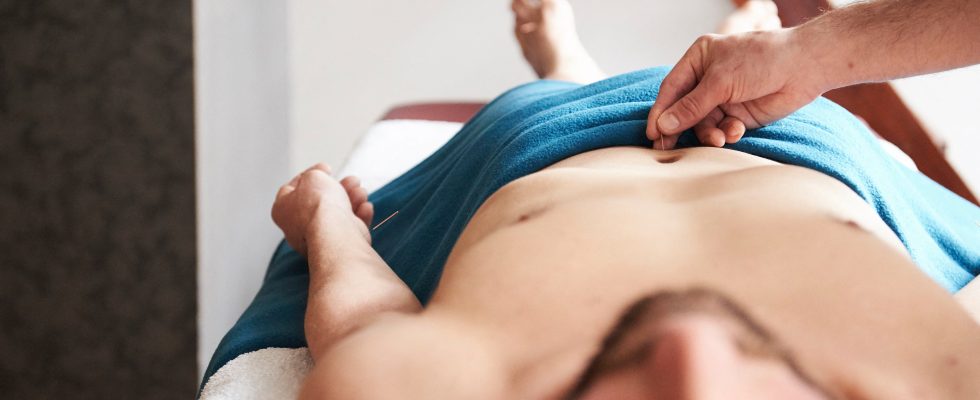Aromatherapy, kinesiology, lithotherapy… Unconventional care practices, in full explosion, are neither supervised nor monitored, denounces the Order of Physicians in a report published on Tuesday June 27, alerting to “therapeutic drifts” which have become “a news of more and more important, even several times a day”. “Today, the supply of NHPs (unconventional care practices) being exponential, it is necessary to sort out practices that are dangerous to the health of patients and those that may be of interest in supporting the patient and restrict them to the sole area of well-being”, explains the Order of Physicians.
The challenge of this report is to establish a clear division between well-being practices and scientifically verified medical practices and to prevent the former from subsisting on therapies. How can we do better? The National Order of Physicians strongly pleads for a stricter framework for unconventional care practices and the term “doctor”. For now, there is no ban on using the term “medicine” while unconventional practices have not been scientifically validated.
“However, because of current self-regulation, many play on the blurring of the border around the notion of “well-being”, not hesitating to diagnose, treat and advise patients, even those suffering from serious pathologies, when this is normally forbidden to them”, assured Professor Edzard Ernst in The Express. At the risk of maintaining confusion in the patient who could be less vigilant.$
51% of French people use NHPs
According to a survey carried out by Odoxa for Unadfi (National Union of Associations for the Defense of Families and the Individual) in May, 51% of French people have recourse to NCPs linked to manual manipulation (such as kinesiology or chiropractic), 48 % to “traditional medicine” (such as homeopathy, “traditional Chinese medicine” or cupping), 45% to plants and 39% to “energies”. The Order recalls that the PSNC are “neither recognized, on a scientific level, by conventional medicine, nor taught during the initial training of health professionals”.
According to this survey, 57% of French people “consider that alternative therapies are, in general, at least as effective as conventional medicine” and 70% have a good image of them. A high rate, which remains however lower than that of conventional medicine, for which 84% of French people have a good image.
“Therapeutic drifts”
This lack of supervision produces dangerous situations for the people who have recourse to it: the Order evokes the “illegal practice of medicine” of certain practitioners, the “therapeutic drifts” which can in particular lead to the cessation of treatment and to a loss of chance for sick people, or even “sectarian excesses”. On this last point, the Order cites Miviludes, an interministerial mission responsible for combating sectarian aberrations, according to which 70% of the reports received in the field of health relate to unconventional care practices.
“The Order of Physicians has been in great demand on this subject of PSNCs for years, but it has really increased since the Covid”, explained to AFP Dr Claire Siret, in charge of the file within the Order. . In everyday life West France, the specialist points out that reports of abuses are daily, i.e. 1,700 letters in 2022. And the pandemic would have exacerbated a desire to return to nature and to refocus on oneself. These practices are presented as being able to meet these aspirations. Moreover, the shortage of care is also one of the reasons for the success of non-conventional care practices. Patients find a sympathetic ear elsewhere, while doctors are overwhelmed.
Another usefulness of this report: “to make health professionals aware of these practices”, she insists. Dr Siret is particularly concerned about the “entryism of certain practices at the university” and also wishes to question the deans of the faculty on the proposal, outside the medical fields, of a “university diploma in anthroposophical medicine” (not validated scientifically, note). “We do not validate them, it does not give the right to a title, nor to claim a medical specialty, obviously. But they exist, they are validated by the faculty and we want to make the deans aware of the dangers that this represents” , insists Claire Siret in West France.
This report is published on the eve of the first meeting of the support committee for the supervision of non-conventional health practices (PNCS), under the aegis of the Ministries of Health and the Interior, which will bring together authorities of health such as the Medicines Agency, Miviludes or the No Fake Med collective, which became known for their fight which led to the delisting of homeopathy, moreover supported by The Express.
